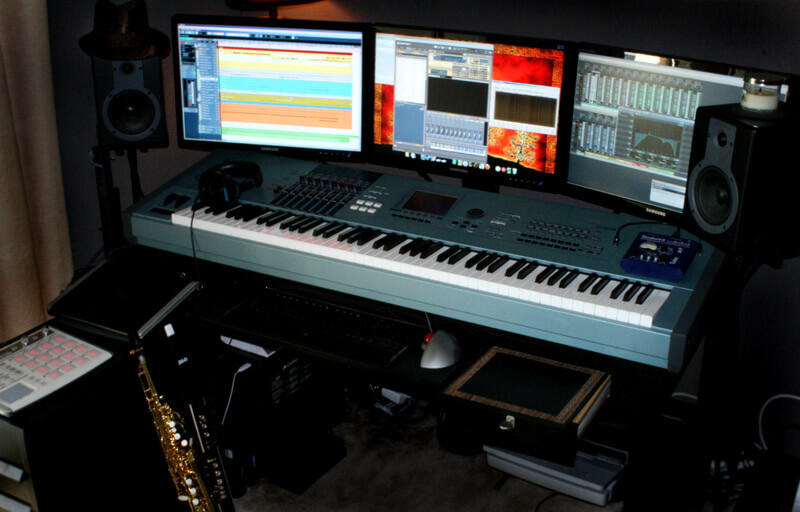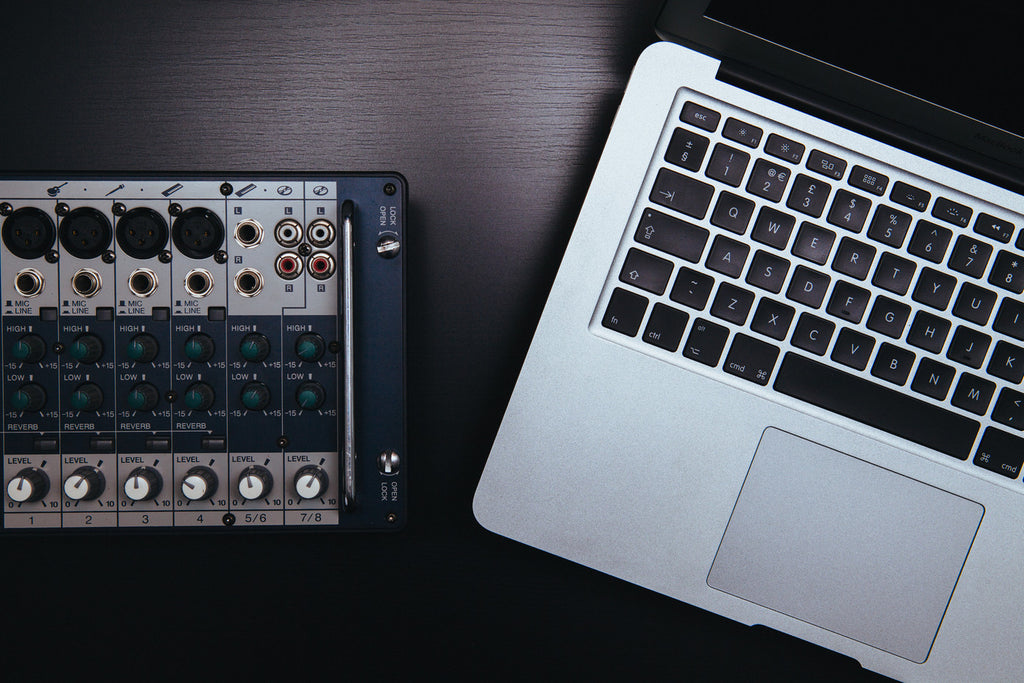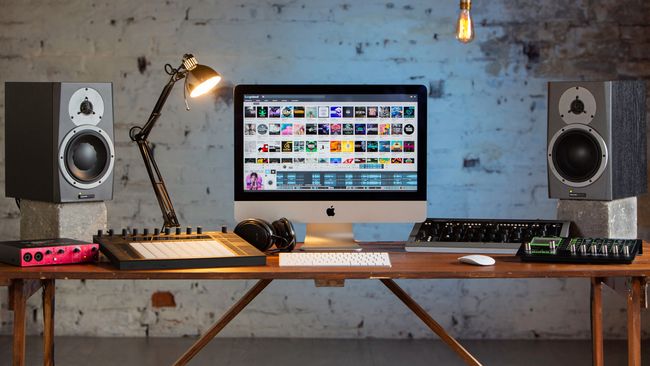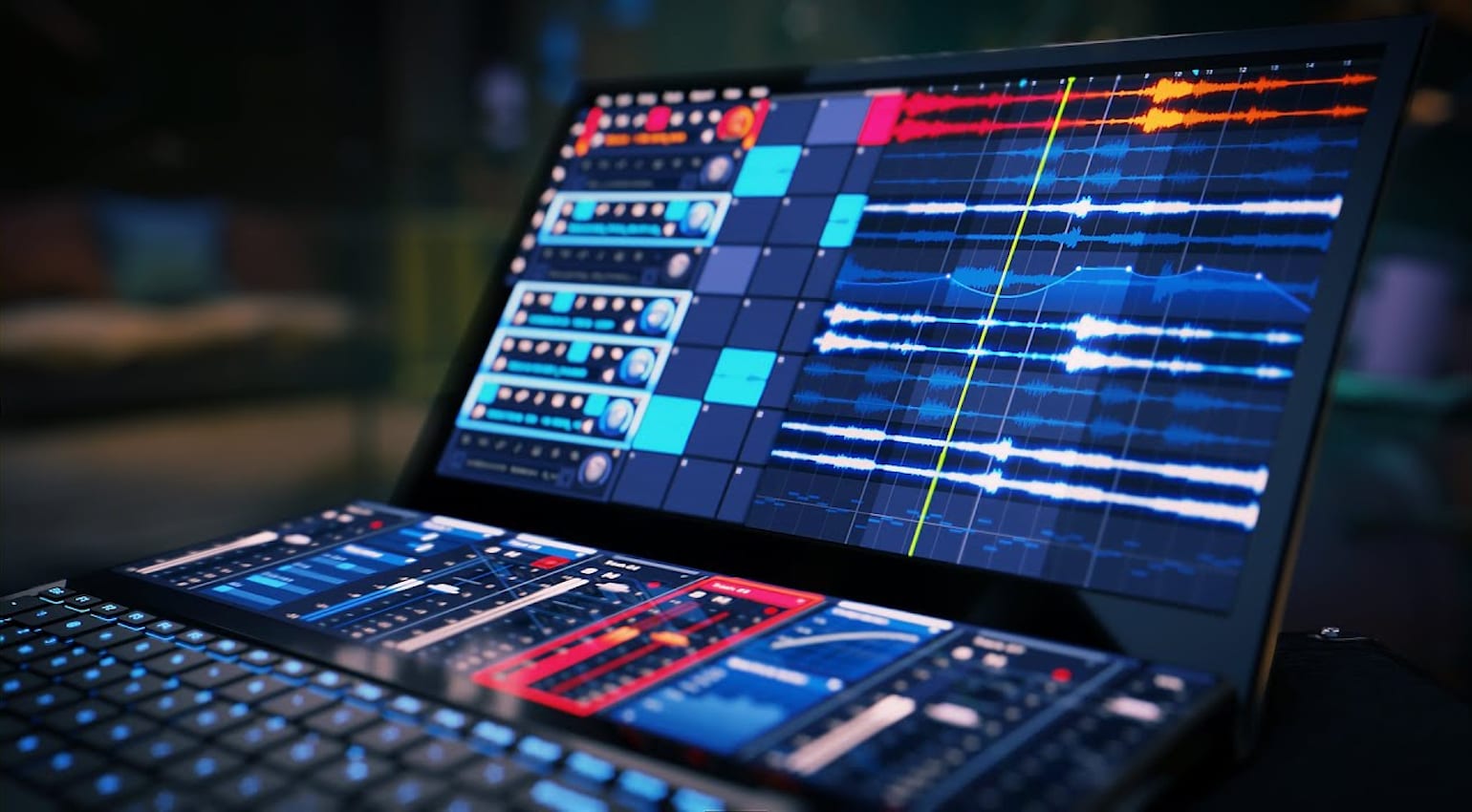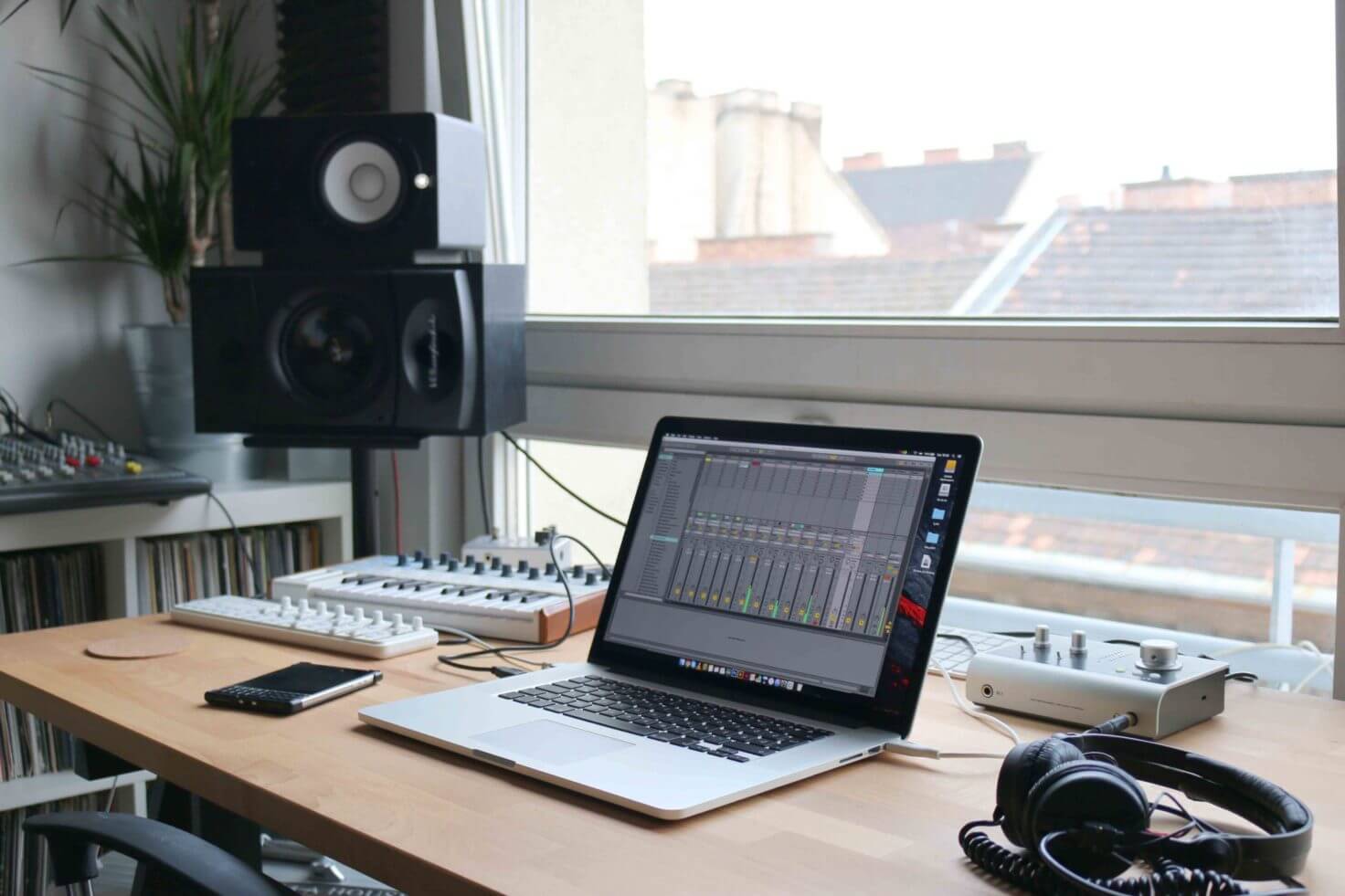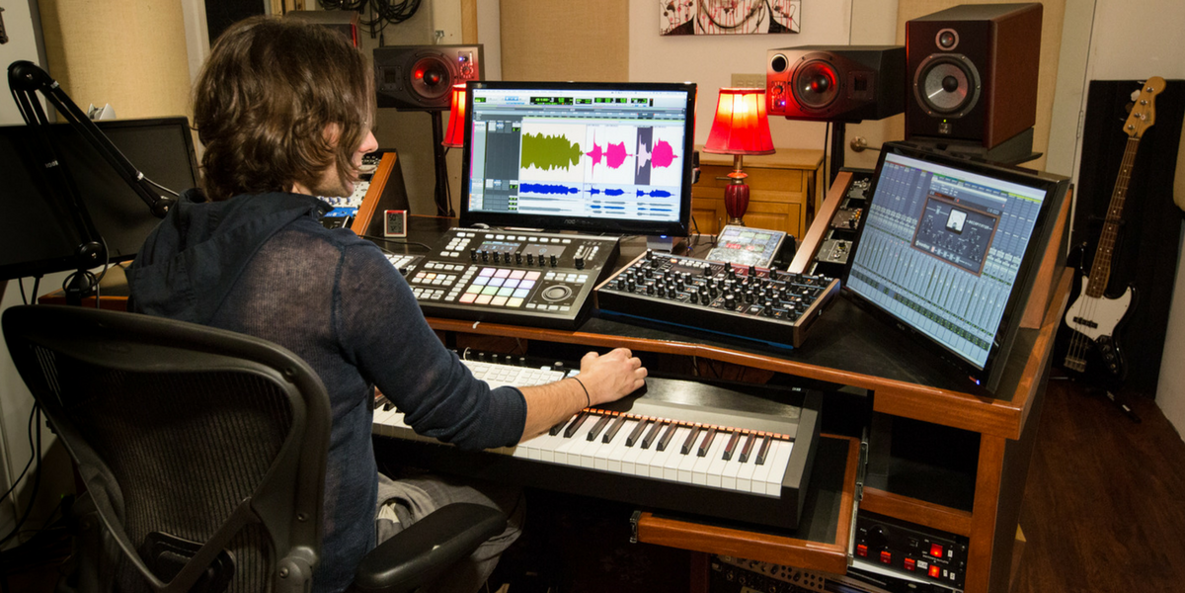Best Computers For Music Production
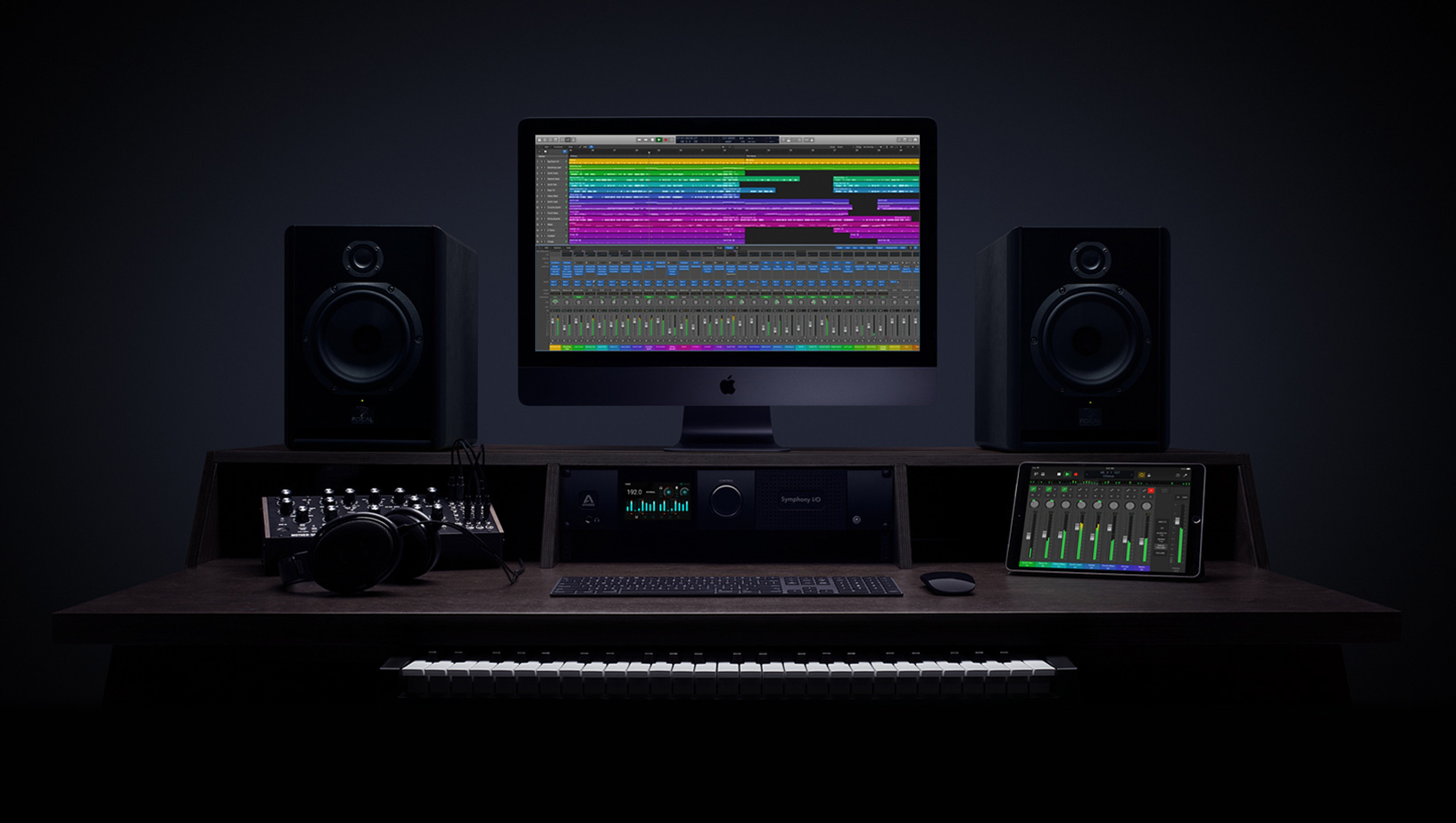
So, you're ready to dive into the exciting world of music production? That's fantastic! But before you can lay down those killer tracks, you'll need the right tools, and a powerful computer is the foundation of any modern studio.
This guide is specifically for those of you just starting out. We'll break down the confusing tech jargon and help you choose a computer that won't break the bank and will let you bring your musical visions to life.
Why does your choice of computer matter? Simple: music production software is demanding. A weak computer will lead to frustrating crashes, slow rendering, and ultimately, stifle your creativity.
Top 5 Computers for Music Production: A Quick Comparison
Here's a snapshot of some of the best options available, catering to different budgets and needs.
| Model | Price (USD) | Processor | RAM | Storage | Warranty |
|---|---|---|---|---|---|
| Apple MacBook Air (M2) | $1099 | Apple M2 | 8GB | 256GB SSD | 1 Year Limited |
| Apple iMac 24-inch (M3) | $1299 | Apple M3 | 8GB | 256GB SSD | 1 Year Limited |
| Dell XPS 15 | $1499 | Intel Core i7 | 16GB | 512GB SSD | 1 Year Limited |
| HP Envy Desktop | $799 | Intel Core i5 | 16GB | 512GB SSD | 1 Year Limited |
| Microsoft Surface Laptop 5 | $999 | Intel Core i5 | 8GB | 256GB SSD | 1 Year Limited |
Detailed Reviews
Apple MacBook Air (M2)
The MacBook Air with the M2 chip is a fantastic entry-level option. It's incredibly portable, powerful enough for most beginner and intermediate production tasks, and offers excellent battery life.
Its silent operation is a big plus, eliminating fan noise during recording sessions. The integrated graphics are surprisingly capable.
Apple iMac 24-inch (M3)
Stepping up in power and screen real estate, the iMac 24-inch with the M3 chip is a compelling choice. Its vibrant display and integrated speakers make it an all-in-one creative workstation.
The M3 chip handles demanding plugins and virtual instruments with ease. It is a bit less portable, designed for a permanent setup.
Dell XPS 15
For Windows users, the Dell XPS 15 is a top contender. It boasts a powerful Intel Core i7 processor and a dedicated graphics card, making it suitable for more complex projects.
The sleek design and high-quality display are also worth noting. Battery life can be a concern under heavy load.
HP Envy Desktop
If portability isn't a priority, the HP Envy Desktop offers excellent value for money. You get a powerful Intel Core i5 processor and ample RAM for a relatively low price.
Its expandability is a major advantage. You can easily upgrade components as your needs grow.
Microsoft Surface Laptop 5
The Microsoft Surface Laptop 5 offers a balance of portability and performance. It's a stylish and well-built laptop with a responsive touchscreen.
It's well-suited for on-the-go music creation. While not as powerful as the Dell XPS 15, it can handle most tasks comfortably.
Used vs. New: Weighing the Options
Buying used can save you a significant amount of money. A slightly older, high-end model might offer better specs than a new entry-level computer at the same price.
However, buying new provides the peace of mind of a warranty. New computers come with the latest technology and software compatibility, and no surprises.
Used: Pros - Lower cost, potential for higher specs at a lower price. Cons - No warranty, potential for hidden problems, outdated technology. New: Pros - Warranty, latest technology, guaranteed condition. Cons - Higher cost.
Reliability Ratings by Brand
Here's a general overview of brand reliability based on industry reports and user feedback. It's important to note that individual experiences can vary.
- Apple: Generally regarded as highly reliable, known for its software and hardware integration.
- Dell: Solid reputation, particularly for its business-class laptops and desktops.
- HP: A mixed bag; some models are very reliable, while others are prone to issues.
- Microsoft: Relatively new to the hardware game, but generally well-regarded for its Surface devices.
Checklist: 5 Must-Check Features Before Buying
- Processor: Aim for at least an Intel Core i5 or Apple M1/M2/M3 for decent performance.
- RAM: 8GB is the absolute minimum; 16GB is highly recommended for smoother multitasking.
- Storage: An SSD (Solid State Drive) is crucial for fast loading times; 256GB is a good starting point, but 512GB is preferable.
- Ports: Ensure you have enough USB ports for your audio interface, MIDI controllers, and other peripherals. Consider USB-C/Thunderbolt ports for future compatibility.
- Operating System: Choose between macOS and Windows based on your preferred software and workflow. Most DAWs (Digital Audio Workstations) are available on both platforms.
Summary
Choosing the right computer for music production is a crucial first step in your creative journey. Consider your budget, your current and future needs, and the trade-offs between new and used equipment.
Think about the processor, RAM, storage, ports, and operating system. Don't forget reliability.
By carefully considering these factors, you'll be well-equipped to make an informed decision and select a computer that will empower you to create amazing music.
Ready to Make Some Noise?
Now that you have the knowledge, it's time to start exploring! Research these models further, read user reviews, and visit a local electronics store to get a feel for the different computers.
Happy producing!
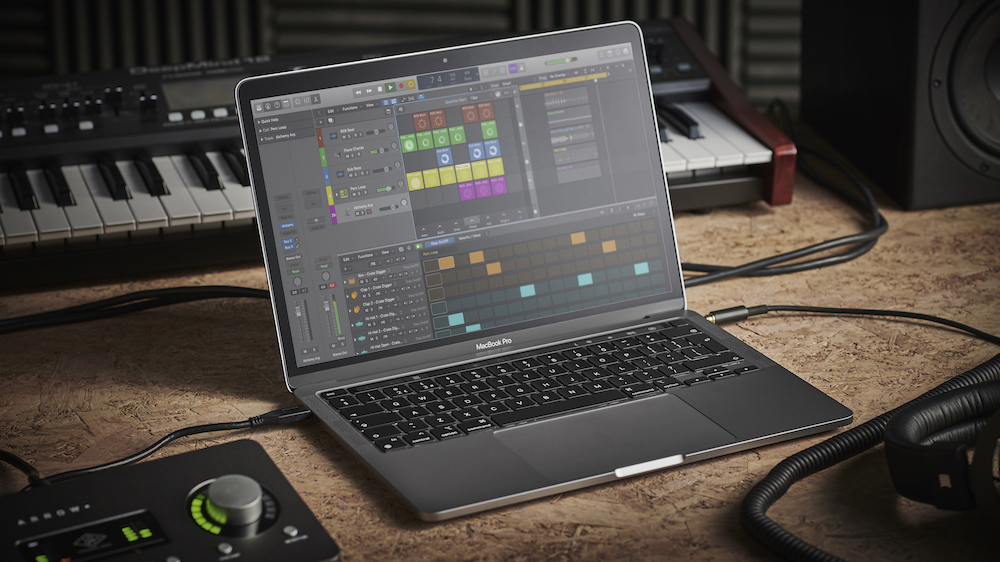
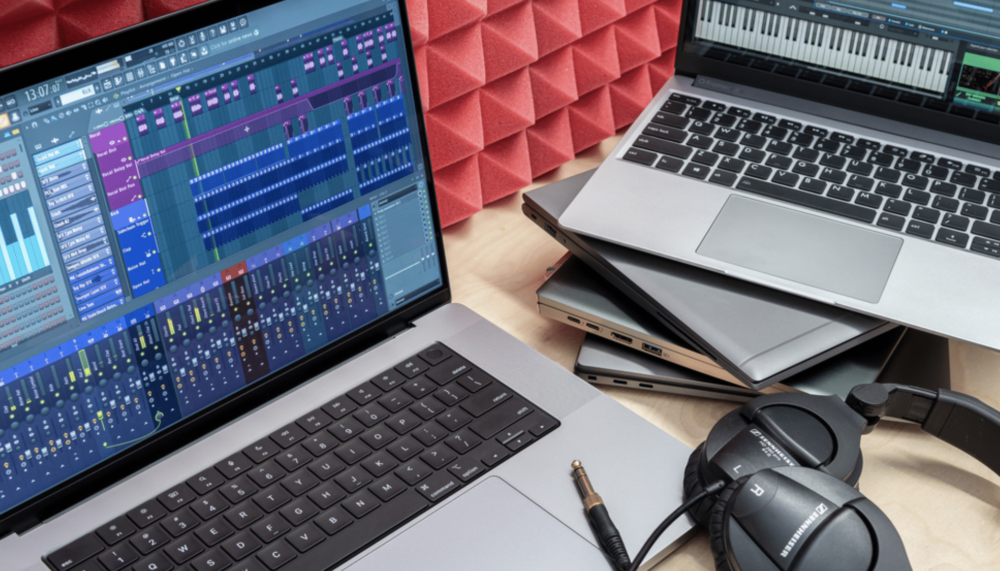
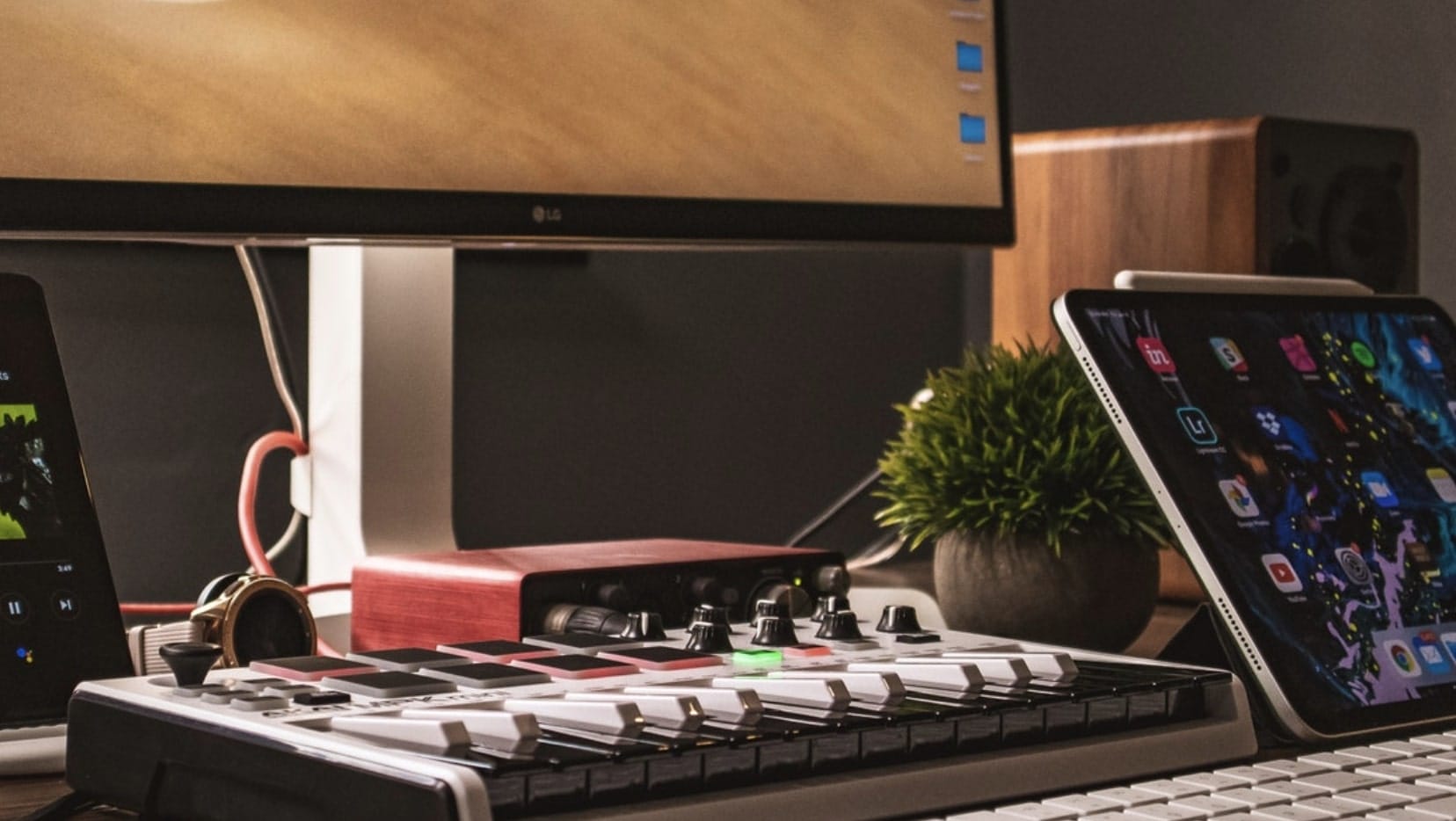
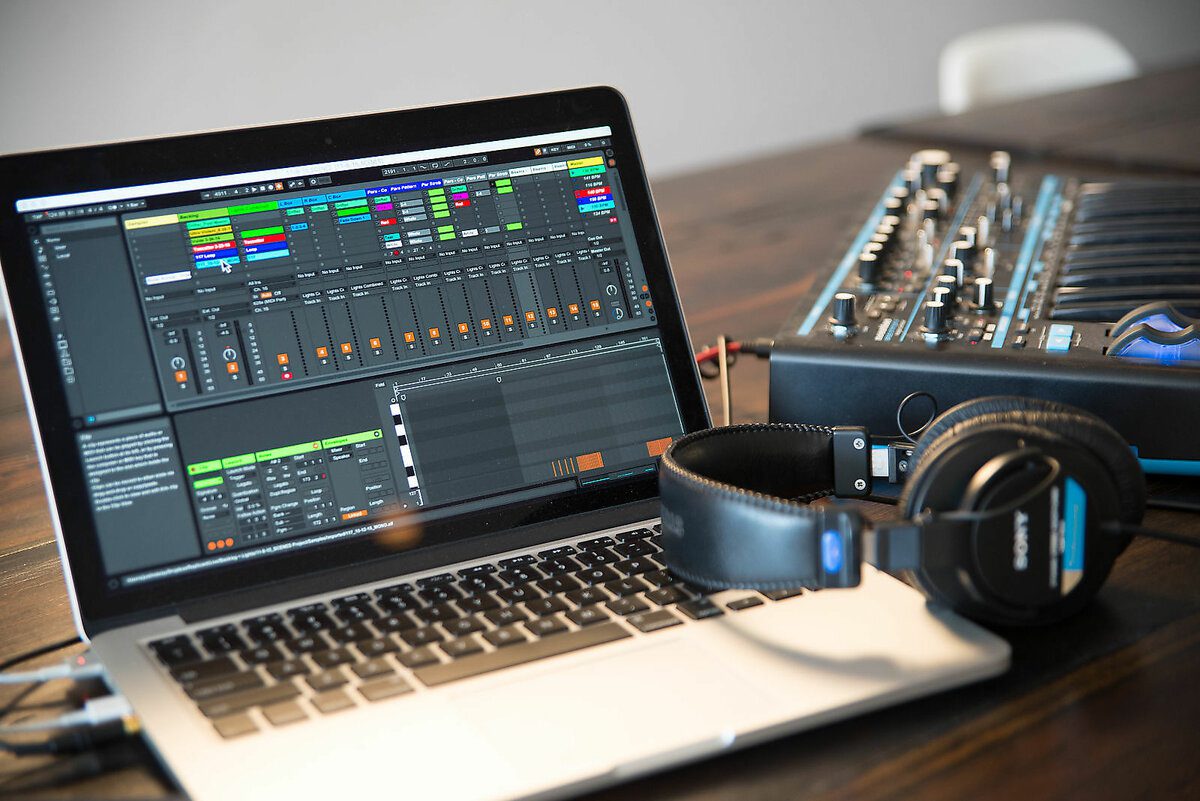
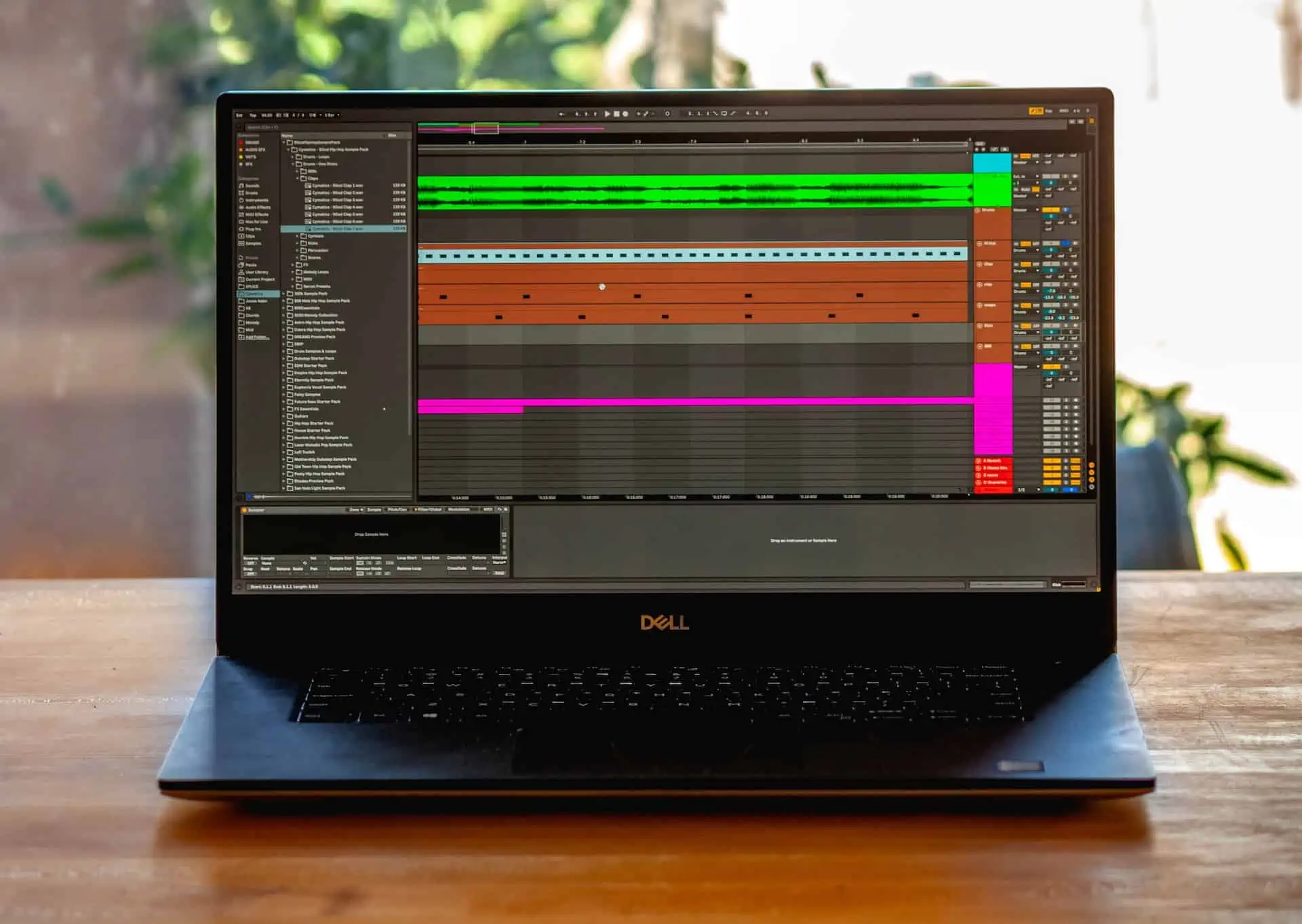

![Best Computers For Music Production Best Desktop Computer for Music Production 2019 [Producer's Guide]](https://musicproductionnerds.com/wp-content/uploads/2018/01/Best-Computers-for-Music-Production-This-Year.png)
